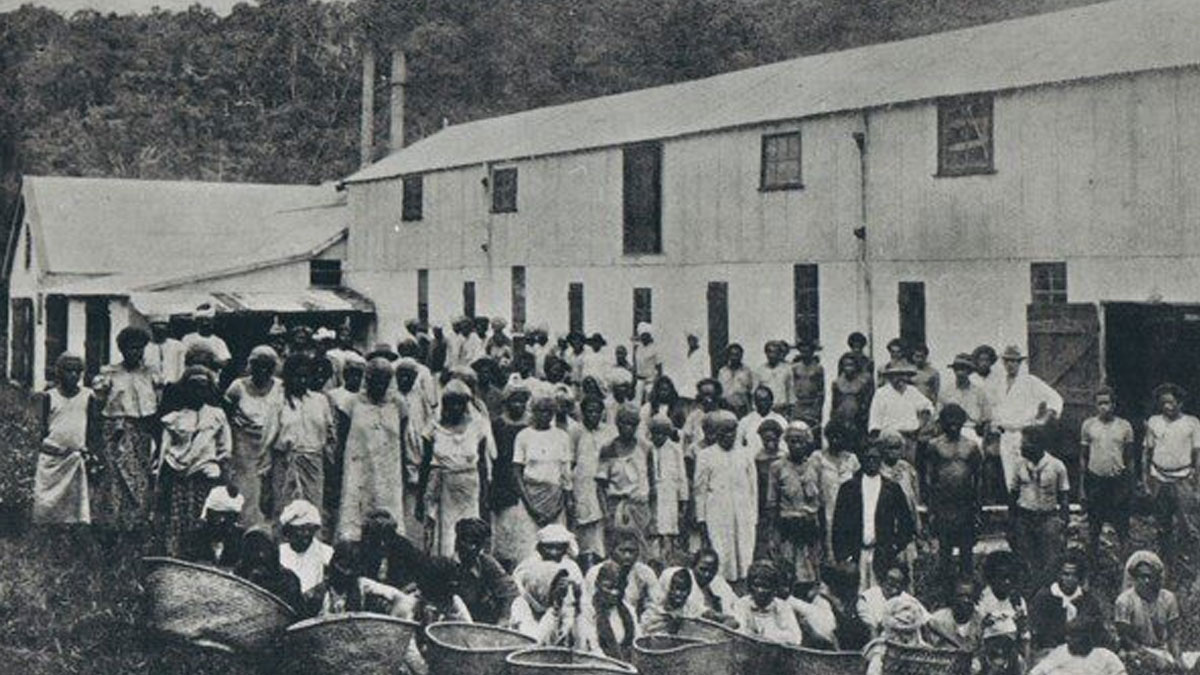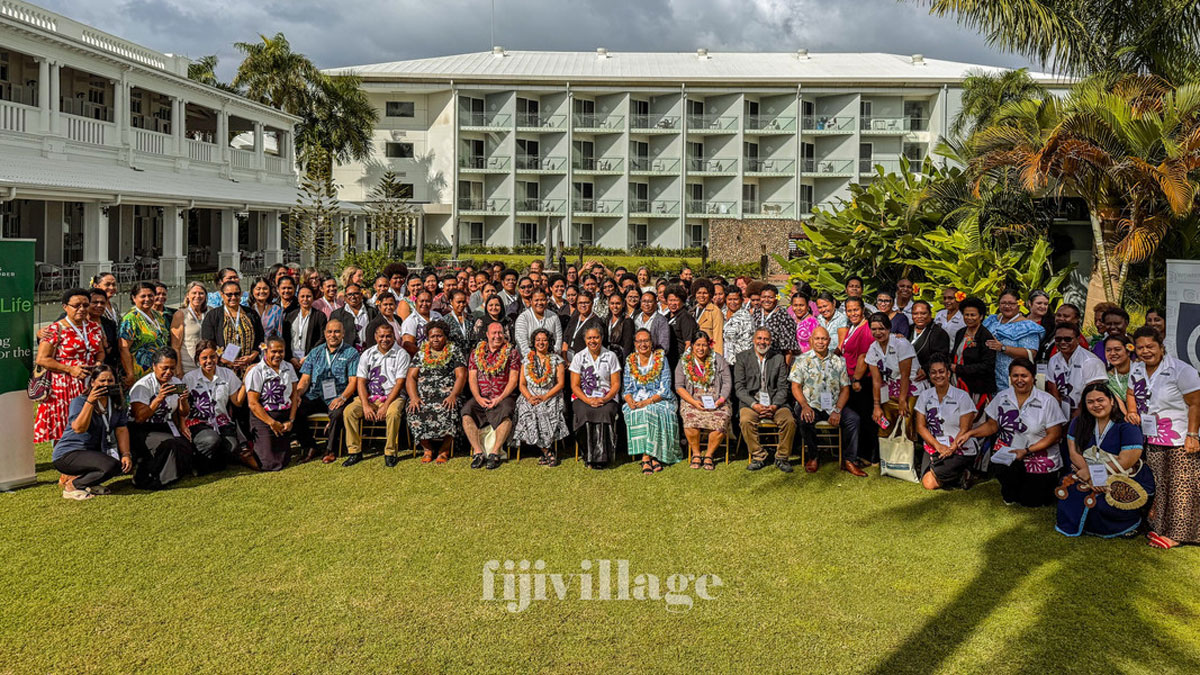
About 4 years ago, 238 Indo-Fijians had attained PhDs, but it's now over 500 and many have become professors, working in countries like Norway, Sweden, Denmark, Mexico, and Japan.
This has been highlighted by Australia-based Girmit researcher Pravind Kumar, who says about 22 percent of them are women—many from very humble beginnings.
While speaking to fijivillage News on the occasion of Girmit Day, Kumar says one woman from Waidra, Wainibuka won a national award in Australia for her autism research while another, from Varoko (between Ba and Lautoka), sold beans and vegetables on the roadside to pay her bus fare to school.
He says she is now a professor of journalism at the University of Western Sydney.
Kumar says all of this was possible because of the sacrifices made by our ancestors.
The researcher says despite harsh conditions, their priority was to build schools across Fiji.
He says the first was in Wairuku, Ra, established by Ram Narayan Maharaj, where his grandfather donated land and helped build the first classrooms for Ami Chandra Memorial Primary School in Lautoka.
Kumar says others donated land and money—even silver and gold coins—to set up schools, often with very little for themselves. He says he also met elders whose ancestors came to work on plantations and used reed and bamboo to build Vunivau Sanatan Dharm Primary School 75 years ago.
Kumar says even today, Indo-Fijians continue to achieve academic excellence worldwide, thanks to the early generations.
He says two years ago, an Australian government survey ranked Indo-Fijians as one of the top communities in terms of peaceful living, education, property ownership, and integration and that makes him proud.
He adds the contribution of the Girmitiyas to Fiji must also be recognised by our fellow iTaukei citizens as many of them do not know the history.
Stay tuned for the latest news on our radio stations

